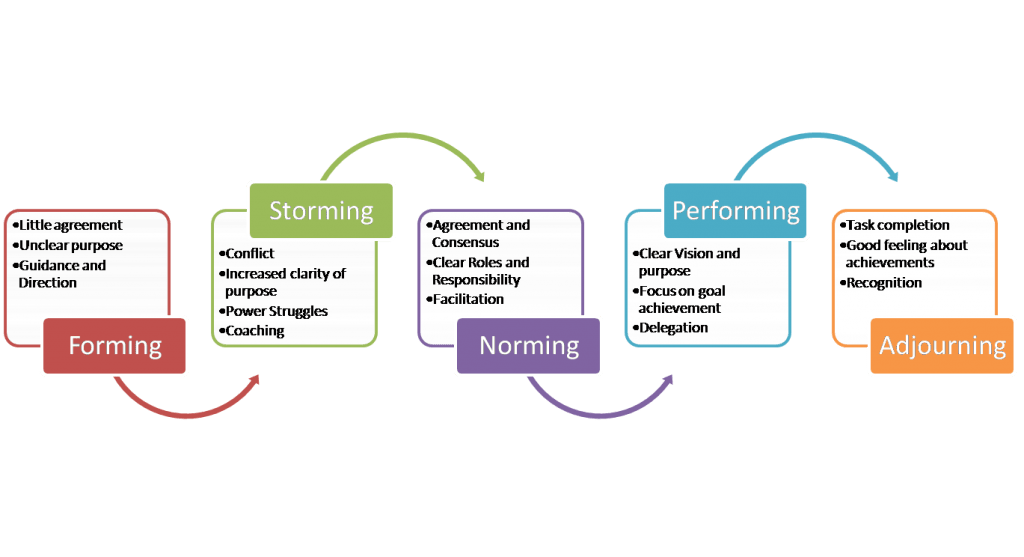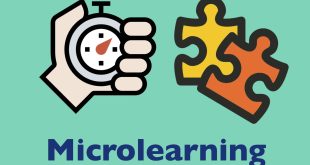Let’s discuss the most common online learning problems and solutions!
We get that adapting to an online learning environment can be a bit difficult for some people, especially students and teachers who have recently switched to this method of learning.
That’s why we’ve decided to discuss, in this article, the most common problems of online learning that you might face and all the possible solutions to get the best outcomes for your students.
Join Skolera Now for FREE
Problems of Online Learning
-
Lack of Interaction/Motivation/ Being Bored
One of the main difficulties of online learning is that teachers constantly find students lack the drive to learn something new. When students find no motivation to learn, study, or focus during the lesson, it can be frustrating and discouraging for teachers as well.

-
Lack of Student-Student Interaction
In a traditional classroom, sometimes teachers would allow 5-minute breaks or extra time in between the lesson. This often encourages students to interact with one another and connect with their classroom peers. Usually, teachers also assign pair-based activities that let students work together towards a common goal.
This social element is quite important for boosting class morale and building companionship. One of the issues with online learning is that teachers generally neglect this factor as they become too preoccupied with delivering the class content only.
-
Internet Problems
One of the challenges faced by students in online learning is the poor Internet connection. This can be an annoying and frustrating problem for students as they may find it difficult to keep up with the teacher with constant disturbances.
E-learning School: A Huge Shift in Education
-
Lack of Discipline
Many teachers face challenges with online learning as students are generally beyond their control and supervision. Teachers may feel frustrated when he/she realizes he is explaining something but students are not following or are easily distracted.
So besides technical issues in online learning, teachers sometimes struggle with maintaining discipline in a virtual environment.
-
Time Management for Students
With the sudden and swift transformation to online learning especially within the last couple of years, there have been quite a few issues for students. One issue that stands out is poor time management. When a student is learning from the comfort of his/her own bedroom or perhaps even from the bed, it can be difficult to feel productive.
After 5 minutes of studying, a student may find himself/herself picking up the phone to scroll through social media platforms. At the end of the day, they realize that they haven’t studied properly or sufficiently.
Solutions to Online Learning Problems
Here are some solutions to common online learning issues for both teachers and administrators:
-
Give digital literacy courses to teachers before the academic year
Because the shift to online learning can be difficult for many teachers, the school has to ensure the teachers are properly equipped and skilled in the digital sphere. This can take the form of digital learning courses prior to the academic year, and regular follow-ups with the teachers throughout the year for potential troubleshooting or system breakdowns.
This might initially seem overwhelming for school administrators to implement. However, it only takes some planning and determination to make sure that the virtual learning journey goes smoothly till the end of the year.
Not only will teachers feel comfortable probing the virtual learning world, but they will also be more confident to come up with new techniques and methods to maximize efficiency year by year.
Ever heard of Skolera’s solutions? Skolera learning management system can get all your school administrative information automated with fully equipped SMS and LMS platforms. Our platform will streamline all your school’s operations while giving you premium support. We offer the best features in our LMS solution that will guarantee you a seamless and effort-free management experience.
Sign up for free
-
Introduce different interactive learning strategies to boost engagement
When students are feeling bored or demotivated to engage in class, it is the teachers’ duty to revive their interest in the learning material. Here are 3 different strategies to try out this semester:
-
Problem-Based Learning
Problem-Based Learning can be a great addition to your list of motivational classroom strategies. If included in the lesson, PBL may help learners acquire critical thinking, communication and problem-solving skills. Other benefits include: learning teamwork, becoming more literate in research methods and techniques, learning the importance of analytical skills, and working independently.
-
Learning by Teaching
What is special about this technique is that it changes the whole teacher-student dynamic in the classroom. Instead of a traditional lesson in which the teacher talks more and explains things, students are encouraged to partake as well. Research has indicated that when students teach the learning material, they retain information more smoothly.
In your next online lesson, assign presentations to your students at the end of the class. Each pair/group of students may pick a topic and discuss it with the rest of the class. They can even prepare questions to encourage the rest of the students to participate.
-
Virtual Field Trips
If you are a teacher in the fields of biology, chemistry, or history, virtual field trips would be an immense addition to your online classes. Academic virtual trips may appeal to your students who regularly learn from books and written material.
This will be visually appealing and interesting to implement as well. Several websites offer this experience for historical places, artefacts, museums, etc.

-
Student Debates
Traditional classroom student debates are a great way to increase participation in classes that are lacking it. They not only teach students the value of speaking up, but also effective argumentation skills, and how to respect others’ viewpoints.
It may seem challenging to have an online student debate at first.
The secret, though, is to plan everything out carefully and take into account the occasional voice lags and unstable internet connections.
You can start by introducing a controversial question: conduct a poll to separate the pro-and con-siders, then allow each side time to present its case. The debate can then be led by a representative speaker from each team after that.
Unlike traditional lessons, which are typically mundane and one-sided, this approach will keep your students engaged and eager to participate.
Read more: The Role of a Teacher in Modular Distance Learning – 6 roles!
-
Collaborative learning
According to Barbara Leigh Smith and Jean T. MacGregor,
“Collaborative learning” is an umbrella term for a variety of educational approaches involving joint intellectual effort by students, or students and teachers together. Usually, students are working in groups of two or more, mutually searching for understanding, solutions, or meanings, or creating a product. Collaborative learning activities vary widely, but most center on students’ exploration or application of the course material, not simply the teacher’s presentation or explication of it.”
Bruce Tuckman, the American Psychological Researcher and Professor, devised Tuckman’s five-stage model to define the process of group development.

As seen in the image above, the process consists of Forming, Storming, Norming, Performing, and Adjourning. Therefore, it is clear that each stage is a prerequisite to the next one for a successful group project to work.
For collaborative learning to work, teachers need to guide every transition and ensure that students are on track and focused.
-
Follow up with students after each lesson to make sure everything is clear
To avoid the problem of students feeling lost or frustrated after online classes, try carrying out extra meetings for those students that need more class attention. It will help if you plan specified virtual office hours dedicated to addressing students’ queries and gaps in comprehension.
You need to remember that not all students function the same way; neither do they retain information at the same pace. Addressing this problem will definitely make the whole online learning journey much more productive for students.
-
Introduce an incentive system to indirectly assert discipline with students
The problem of discipline in an online learning environment can be maintained by implementing an incentive system that will make each student think twice before disrupting class time.
It is a great way to build connections with the students and keep them constantly wanting to do their best.
This article is a great resource for teachers who want some inspiration on building a class incentive system.
Finally, we discussed the most common online learning problems and solutions. This article was mainly concerned with the most common online learning problems that students and teachers face today.
We also discussed how teachers and school administrators can overcome these challenges using some tweaks in the system and different teaching approaches.
A teacher needs to pinpoint his/her students’ concerns and struggles and work on solving them accordingly.
Get started Skolera for FREE Skolera LMS Blog Educational Technology Articles and News
Skolera LMS Blog Educational Technology Articles and News




